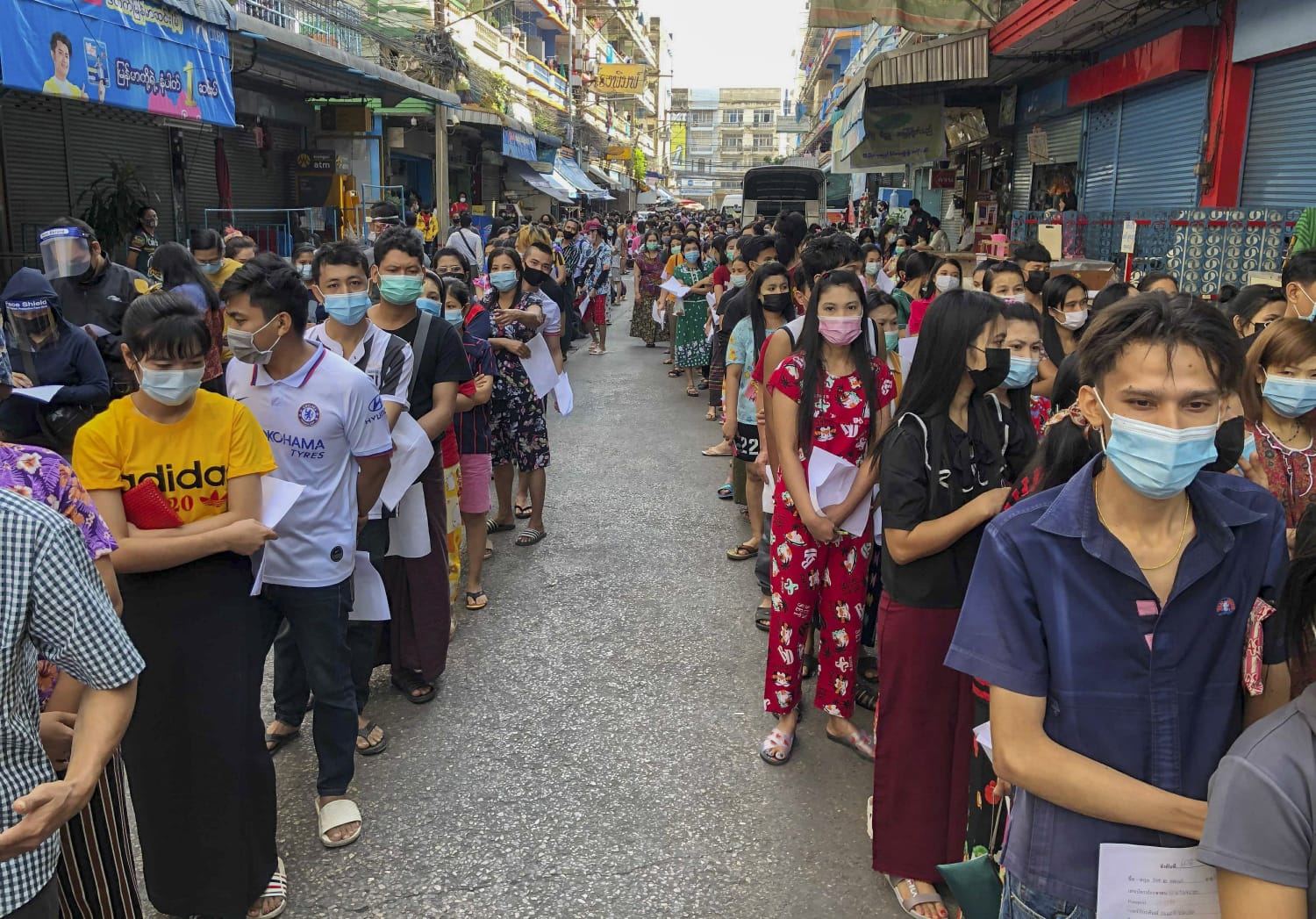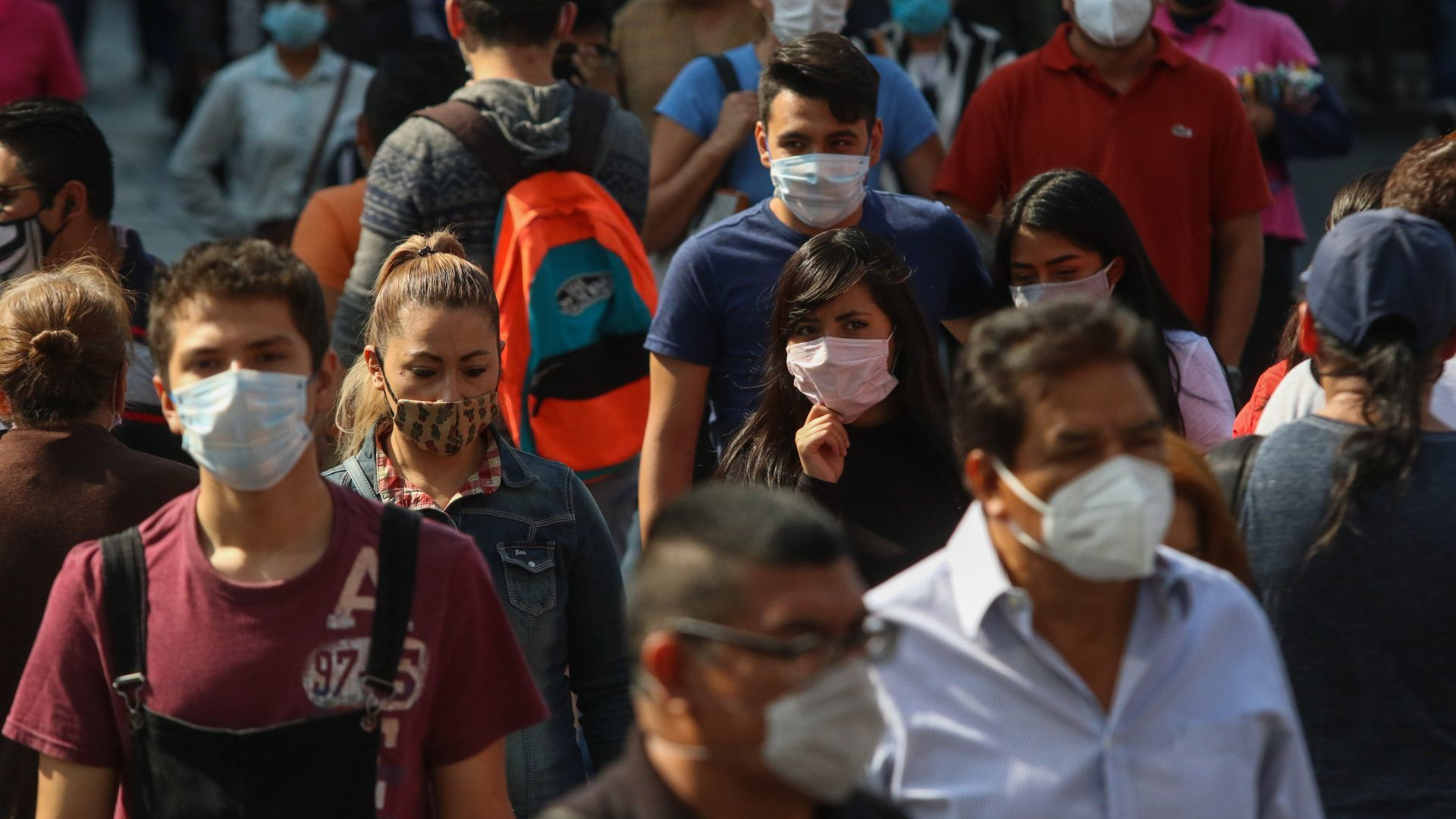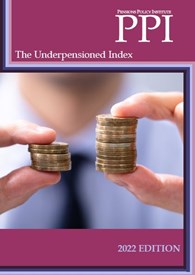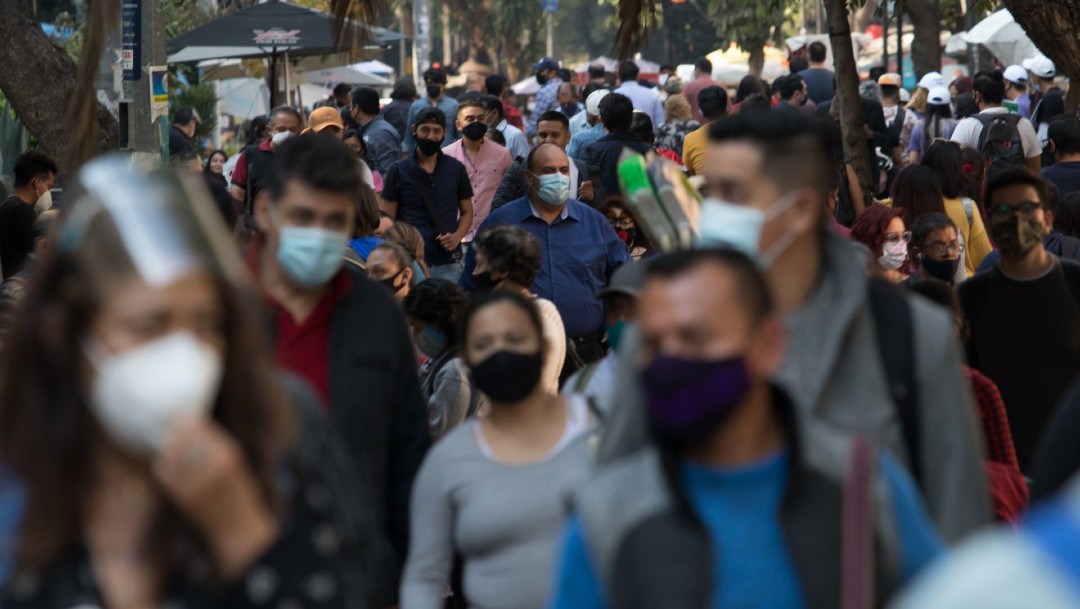Retirement Savings Behaviours and Covid-19: Evidence from Thailand
By Paul Gerrans, Sunatharee Lhaopadchan & Sirimon Treepongkaruna This paper utilises administrative data from members of the Thai Government Pension Fund to examine voluntary contributions and investment plan change. We find low overall incidence of both behaviours which increased only modestly during the onset of COVID-19. While the major finding is that members are in the minority if they engage in the behaviour regardless of gender, salary, balance, or experience in the fund, the relative probability varies systematically by member...










